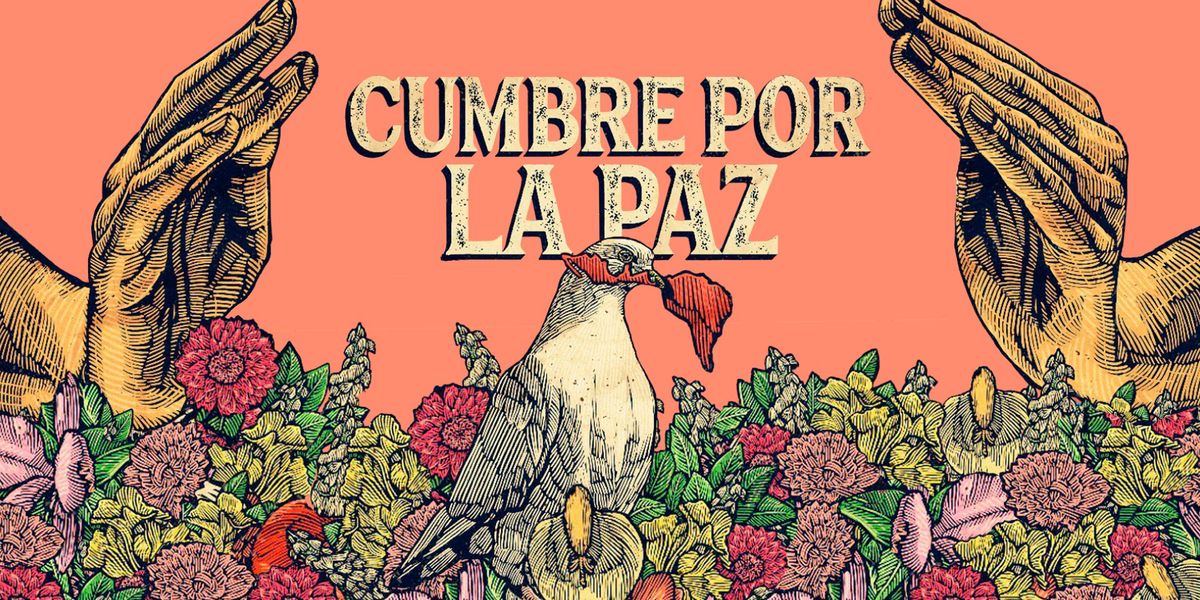
Whether you’re Black in South Bend, Indiana, a student in Parkland, Florida, Indigenous or Mexican, on either side of the border, we suffer the same – disproportionately and fatally – from policies on guns, the environment, and immigration.
We live among each other and understand that in many ways our fates are as interconnected as these issues. We go to the same schools where we receive the same under-funded education; we live in the same neighborhoods affected by over-policing, militarization, gangs, and cartels; we depend on the same lands threatened by polluting industries and the erasure of climate change; and, we share a long history of Black and brown communities being destabilized by guns.
We can no longer talk about these intersecting issues in the U.S. without addressing the inextricable links to Mexico and the communities they impact the most: Black and brown people, Indigenous Peoples, migrants, and victims of gun violence.
Gun violence in the U.S. is a leading cause of death for people under 45 – and the leading cause of death for Black, male teenagers. While the number of murders and suicides by guns hit the highest rate in 30 years in 2021, killing over 48,000 people in the U.S., the homicide rate in Mexico is double ours. Data tells us that roughly 70 percent of the firearms involved in homicides in Mexico can be traced back to the U.S.
Perhaps these numbers can help paint a picture for people who don’t have to live every day with the sound of gunshots in their neighborhoods or the haunting trauma of friends or family lost due to a senseless shooting. Our reality of gun violence, however, is not one that can be summed up by statistics alone. We have experienced the impacts firsthand.
We can’t forget the day in Parkland at Marjory Stoneman Douglas High School when a shooter walked in and killed 17 people and injured many more. The images of students bleeding out on the school floor don’t fade. And of course, the Parkland killings and trauma are but one of a seemingly endless chain of horrifying mass shootings.
Whose responsibility is it when teenagers can access military-grade weapons? Why do the American firearm manufacturers who produce the guns that too easily slip into the hands of young people in the U.S. as well as drive cartel violence and drug trade across the border in Mexico have no accountability? And why aren’t our political leaders asking these questions?
We need the leaders of North America to understand how policy failures on gun violence, climate disasters, and immigration in the U.S. and Mexico are affecting the lives of real people from diverse backgrounds across our borders.
An increasing frequency and severity of forest fires, droughts, storms, and floods due to climate change are displacing entire communities from their homes and ancestral lands, especially people of color, low-income communities, women, Indigenous Peoples, and Central Americans. It threatens their livelihoods and their traditional ways of life.
Along with gun violence from gangs and cartels, corrupt police, militarization, and poverty-related circumstances, these people are forced to leave their homes in search of a safer place to live. Families throughout the region want to stay home but must relocate as a matter of survival. Sadly, federal entities in Mexico and the U.S. detain and deport many of them, or criminal organizations kill them, en route to safer places to live.
In fact, North America is now one of the deadliest regions in the world for migrants, with 2022 setting a record number of migrant deaths at the Mexico-U.S. border (a record previously shattered in 2021). International agreements to protect migrants from violence have been ignored and undermined, leaving thousands of families stranded at borders as a result.
These circumstances are unacceptable, unfair, and unsustainable. We want our national leaders to end the proliferation of gun violence and the militarized drug war; stop the destructive impacts of pollution and climate change that disproportionately impact people of color and low-income communities; and support migrant populations with compassionate immigration policies, rather than criminalization.
Note: Both authors will be speaking at the Peace Summit in Mexico City, Mexico Feb. 23-24.
This content originally appeared on Common Dreams and was authored by Jorden Giger.
Jorden Giger | Radio Free (2023-02-15T17:11:19+00:00) A Growing Movement for Peace Across the Border. Retrieved from https://www.radiofree.org/2023/02/15/a-growing-movement-for-peace-across-the-border/
Please log in to upload a file.
There are no updates yet.
Click the Upload button above to add an update.